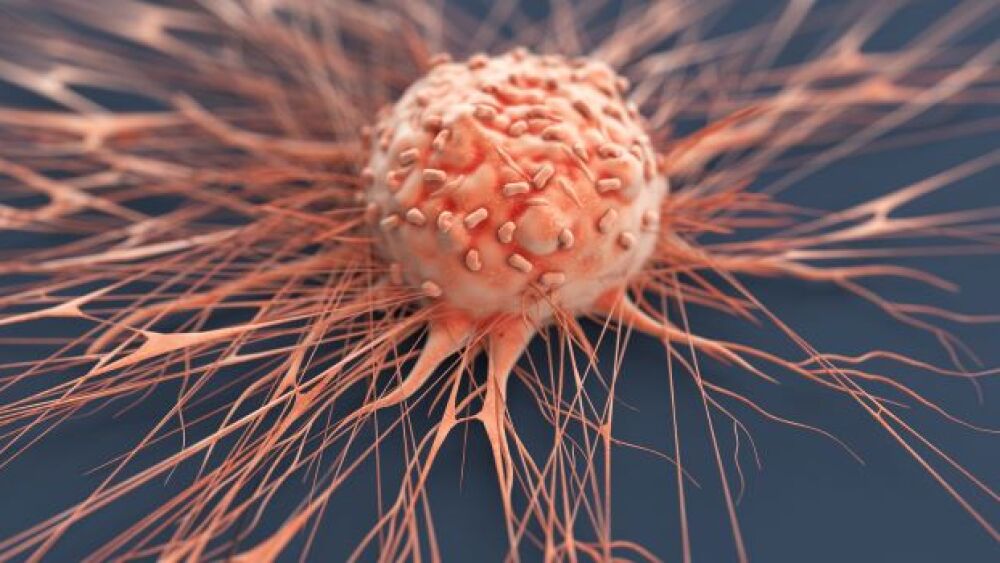Tyra Biosciences aspires to raise a $100 million IPO, according to its S-1 form filed with the U.S. Securities and Exchange commission late last week.
California-based Tyra Biosciences aspires to raise a $100 million IPO, according to its S-1 form filed with the U.S. Securities and Exchange Commission late last week.
The biotech company works to tackle the high-impact problem of drug resistance emerging in oncology patients who initially responded to targeted therapies. Tyra is focused on targeting that acquired resistance with purpose-built drugs.
It plans to trade on the Nasdaq under the symbol “TYRA.” The company is lead by Chief Executive Officer Todd Harris, who co-founded the company in 2018.
The IPO filing comes nearly five months after the biotech raised $106 million in a Series B round and expanded its executive leadership team. The expansion included naming Hiroomi Tada, M.D., Ph.D. as chief medical officer, Piyush Patel, Ph.D. and chief development officer and Robert Hudkins, Ph.D. as chief technology officer. The financing round was led by Nextech Invest, which was joined by other new and existing investors.
Tyra has an in-house discovery engine called SNAP, which generates “structural SNAPshots” to enhance traditional structure-based drug discovery. The “SNAPshots” allow the empirical evaluation of interactions between drugs and theirs targets at an atomic level.
“The rigor, fidelity, and speed of the SNÅP platform drives rapid discovery cycles towards novel drug candidates differentiated through achieving precise structural fit to their targets,” said Hiroomi Tada, MD, Ph.D., Chief Medical Officer at Tyra Biosciences, at the time of announcement. “I am excited to join Tyra at this early stage to ensure that this ethos is extended to our approach to clinical development as we relentlessly advance new therapies for patients.”
The company’s lead candidate, TYRA-300, is a selective inhibitor of FGFR3 initially being developed to treat muscle invasive bladder cancer (MIBC). The company expects to submit an Investigative New Drug Application (IND) in mid-2022.
Tyra also has a second program in the works, which is focused on the inhibition of FGFR2 for the treatment of intrahepatic cholangiocarcinoma (ICC). The company is developing an inhibitor to potentially address key resistance mutations. It plans to nominate a lead candidate by the end of the year for the program.
In 2020, Tyra completed its first financing round. The company raised $50 million in a Series A round to use as a launchpad to discover and develop new small molecule therapies that are active against wild type and mutant targets.
“The need from patients and the demand from the market for therapies that address acquired resistance has never been stronger,” said Isan Chen, Board Member of Tyra Biosciences, at the time of the announcement. “Not only can these medicines be used as the immediate response when resistance emerges, but they can also move to front-line treatments with the promise of better efficacy and much longer duration of response than first-generation agents.”





